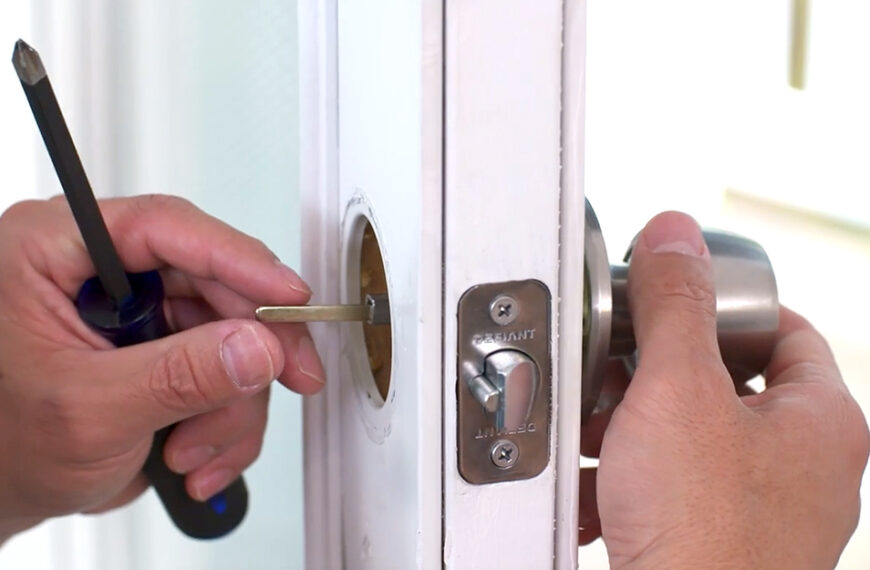
Looking to upgrade your commercial property’s appearance, energy efficiency, or security? Commercial glazing might be the answer. Whether you’re refurbishing a shopfront, office, hotel, or any other business space, the right glazing can make a big difference.
Let’s explore everything you need to know about commercial glazing—from the basics to its many benefits.
Table of Contents
| Sr# | Headings |
|---|---|
| 1 | What is Commercial Glazing? |
| 2 | Types of Commercial Glazing |
| 3 | Benefits of Commercial Glazing |
| 4 | Where is Commercial Glazing Used? |
| 5 | Glazing Options for Offices |
| 6 | Shopfront Glazing Solutions |
| 7 | Glazing for Hotels, Restaurants & Public Buildings |
| 8 | Energy Efficiency & Sustainability |
| 9 | Safety & Security Features |
| 10 | Customisation & Design Choices |
| 11 | Double vs Triple Glazing: What’s Best? |
| 12 | Building Regulations and Glazing Compliance |
| 13 | Maintenance & Repairs |
| 14 | Choosing the Right Glazing Company |
| 15 | Conclusion & FAQs |
1. What is Commercial Glazing?
Commercial glazing refers to the installation of glass in business premises like offices, stores, schools, and other public buildings. Unlike residential glazing, it often requires larger panels, stronger materials, and specialist fitting techniques to meet business and safety standards.
2. Types of Commercial Glazing
- Single Glazing – Basic option, rarely used now
- Double Glazing – Two panes of glass with insulation in between
- Triple Glazing – Maximum insulation and soundproofing
- Toughened Glass – For high-traffic or impact-prone areas
- Laminated Glass – Enhanced security, resists shattering
- Fire-Rated Glass – Fire safety compliance in public/commercial buildings
3. Benefits of Commercial Glazing
✅ Energy Efficiency – Reduce heating/cooling costs
✅ Modern Appearance – Sleek, professional, and inviting
✅ Noise Reduction – Create a quieter, more productive environment
✅ Security – Strong, tamper-resistant materials
✅ Natural Light – Improve mood and save on electricity
4. Where is Commercial Glazing Used?
- Office blocks
- Retail shopfronts
- Schools and universities
- Hospitals and clinics
- Restaurants and hotels
- Warehouses and industrial units
5. Glazing Options for Offices
Modern offices benefit greatly from glass partitions, internal glass walls, and double-glazed windows. They allow for more light, a feeling of openness, and better thermal control—ideal for productivity and professionalism.
6. Shopfront Glazing Solutions
Your shopfront is your first impression. Aluminium-framed glass panels, frameless glass doors, or even curved glass displays can help attract foot traffic, increase visibility, and showcase products effectively.
7. Glazing for Hotels, Restaurants & Public Buildings
Guests and customers expect comfort and aesthetics. Large glazed windows, balustrades, or rooflights enhance the space, improve insulation, and add a touch of luxury—perfect for hospitality settings.
8. Energy Efficiency & Sustainability
High-quality commercial glazing helps reduce your carbon footprint by improving thermal insulation. Many businesses also opt for solar control glass or Low-E coatings to minimise energy use and costs.
9. Safety & Security Features
In commercial settings, toughened or laminated safety glass is essential. It prevents break-ins, reduces injury risk from shattering, and often meets insurance requirements.
10. Customisation & Design Choices
- Tinted or frosted finishes
- Company logos or branding within glass
- Smart glass that switches from clear to opaque
- UV-protective coatings
- Fire-rated and acoustic glass options
Your glazing should match your brand style while serving its functional purpose.
11. Double vs Triple Glazing: What’s Best?
Double glazing is cost-effective and suitable for most businesses. However, triple glazing offers better soundproofing and insulation—ideal for buildings near noisy streets or in colder climates.
12. Building Regulations and Glazing Compliance
Your glazing installation must comply with local building regulations, especially regarding safety, thermal performance, and accessibility. A professional glazing company ensures full compliance with standards like BS EN 12150 or Part L of Building Regs (UK).
13. Maintenance & Repairs
Commercial glazing is designed to be durable and low-maintenance. Still, regular checks for cracks, seal issues, or condensation are vital. Many companies also offer emergency glazing repairs for accidental damage or break-ins.
14. Choosing the Right Glazing Company
Look for:
- Experience in commercial projects
- Certifications (like FENSA or CHAS)
- Positive client reviews
- Custom design and installation options
- Maintenance and aftercare services
15. Conclusion
Commercial glazing is more than just windows—it’s about transforming your business space into something efficient, safe, and visually stunning. Whether you’re fitting out a new property or upgrading an old one, investing in the right glazing can improve not only your building’s performance but also how your brand is perceived.















